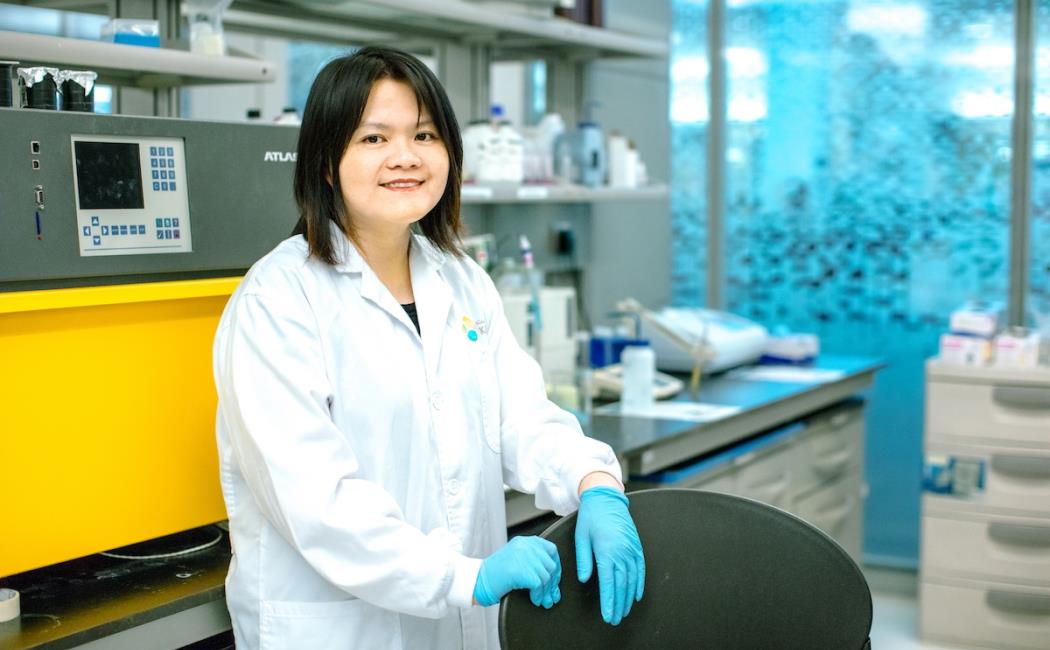
Reusing Saudi Arabia’s Precious Water Resources
08 September, 2022
Water reuse is one of the objectives of Vision 2030. Saudi Arabia's
climate is extreme, and requires it to maximize and reuse its most
precious resource – water. That includes wastewater. Increasing the use
of treated wastewater reduces the need for desalinated water, which is
costly to produce and very energy intensive, leading to higher CO2
emissions. Future urban environments around the world will need to be
more sustainable and recycle water more efficiently to cope with a
warmer climate and the water stress caused by growing populations.
At
present, most of Saudi Arabia's treated wastewater is cleaned using an
aerobic process. Oxygen is added to waste, which breaks down organic
matter. Chlorine is then added to disinfect the waste. However, a major
issue with aerobic treatment is that it is energy-intensive, and
chlorine-treated water cannot be used for agricultural needs.
Professor Hong's new method uses an anaerobic process, employing anaerobic membrane bioreactor (AnMBR) technology that uses microorganisms to convert organic carbon into methane. Water is then filtered and disinfected using UV light and hydrogen peroxide. The output is clean water suitable for growing crops.
Click here to read the full story.
Image: Portrait of KAUST Associate Professor Peiying Hong, whose research in wastewater ecosystems is helping to improve water treatment processes. Photo: KAUST